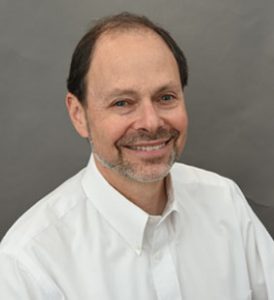 by Robert Turner, McCormack Graduate School
by Robert Turner, McCormack Graduate School
Retail, the largest U.S. employer, is not inevitably the domain of dead-end jobs with low pay, few benefits, and problematic work schedules. A new study of seven countries demonstrates that better retail jobs are not just possible but already exist.
Françoise Carré of UMass Boston and Chris Tully of UCLA, the study authors, say that changes in government policies and broadly-held values could improve the quality of retail jobs in America, as they have in Europe. New York Times columnist and Economics Nobel Prize winner Paul Krugman tagged the study findings as “Supremely important. We have low wages in large part because of political choices, not ineluctable logic of markets.”
Continue Reading →



